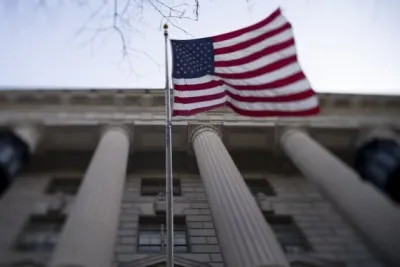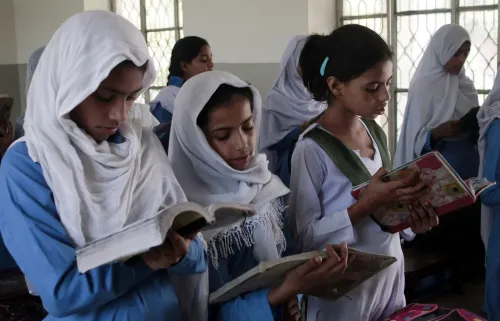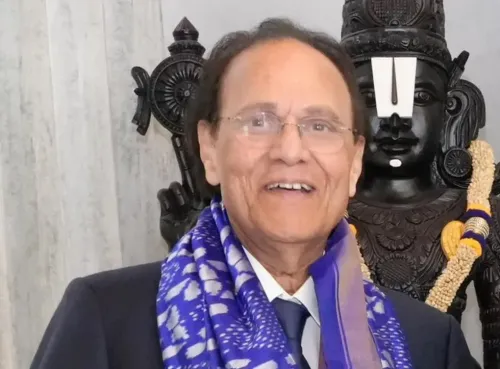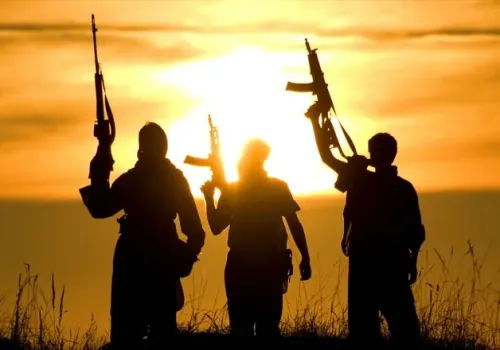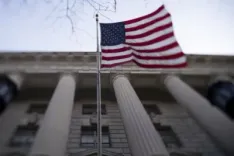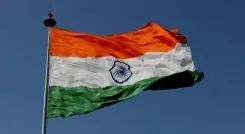Could Delaying Elections Put Bangladesh at Serious Risk?

Synopsis
Key Takeaways
- BNP warns of serious risks from election delays.
- Rising violence and unrest are key concerns.
- Immediate elections are demanded to restore stability.
- Concerns over the July Charter could impact governance.
- Political factions face conflict over electoral timing.
Dhaka, Aug 20 (NationPress) The Bangladesh Nationalist Party (BNP) has expressed grave concerns that any additional postponement of national elections could jeopardize the country significantly. They highlighted an alarming rise in mob violence, extortion, land encroachment, and terrorism throughout the past year.
The party attributed the worsening law and order situation to the interim government under Muhammad Yunus, as reported by local media.
BNP Vice Chairman Shamsuzzaman Dudu shared these insights during a discussion titled "There is no alternative to an elected government to prevent the decline of law and order, mob formation, extortion, occupation, and terrorism." This event was hosted on Tuesday by the Bangladesh National Pharmacy Association at the Tofazzal Hossain Manik Mia Hall in the National Press Club, Dhaka.
“The quicker elections are conducted to address the decline in law and order, mob formation, extortion, occupation, and terrorism, the sooner the crisis will ease. Conversely, the longer elections are postponed, the more terrorism will escalate, putting the country at risk,” the BNP leader was quoted by the prominent Bengali daily Jugantor.
“Those currently in power have assured us of historic elections, and for that reason, the party, including its leaders Tarique Rahman and Khaleda Zia, along with the citizens, are supporting the government. We, along with all political factions, have called for elections in December, yet they have suggested February. We are not against that, but February should not extend into March or April. The government should heed this warning,” he emphasized.
Dudu remarked that peace remains elusive in Bangladesh, with citizens grappling with division and hardship. He noted the lack of job opportunities, with those employed struggling to maintain their positions.
He raised concerns about the police's performance, indicating that streets are unsafe as criminals can strike at any hour.
Simultaneously, the BNP voiced objections to various clauses in the consolidated draft of the July Charter, warning that prioritizing a political compromise document over the constitution could set a detrimental precedent.
BNP Standing Committee member Salahuddin Ahmed insisted that the July Accord must be executed in accordance with Bangladesh's constitution.
Speaking to reporters in Dhaka, he stated, “If the accord takes precedence over the constitution, it will set a troubling precedent.”
Bangladesh has been engulfed in uncertainty regarding the forthcoming general elections since the democratically elected Awami League government, led by former Prime Minister Sheikh Hasina, was ousted amid violent protests last year.
The factions that allied with Yunus to remove Hasina are now in conflict over reform proposals and the scheduling of the next elections.


